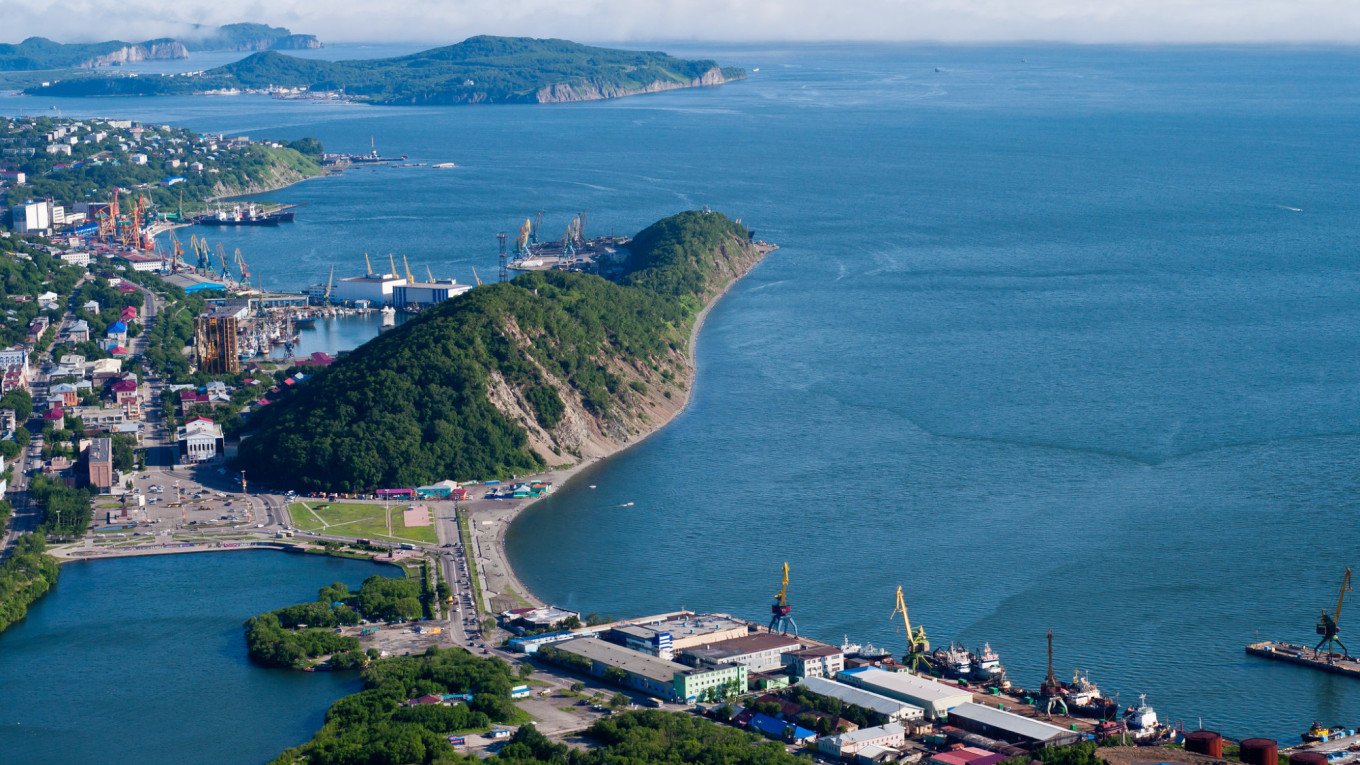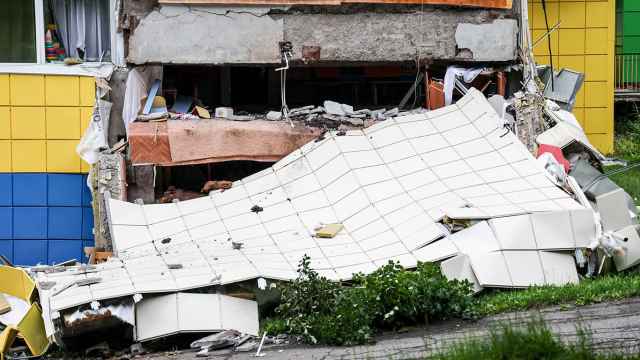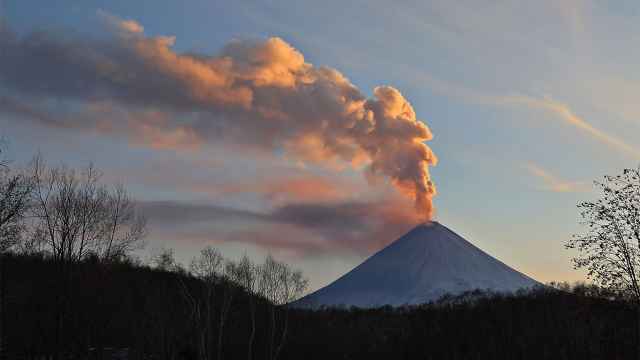A tsunami alert was lifted after a series of powerful earthquakes off the coast of Russia's Far East on Sunday did not result in deadly waves, according to the Russian emergencies ministry.
The U.S. Geological Survey (USGS) issued a tsunami alert earlier on Sunday, forecasting "hazardous waves" after a 7.4-magnitude quake at 08:49 GMT, which was the strongest of a series of earthquakes in the northern Pacific Ocean.
The USGS said it expected waves of between 30 centimeters and one meter (up to 3.3 feet) on Russian coasts and less than 30 centimeters in Japan and the U.S. state of Hawaii.
"The tsunami threat to populated areas in Kamchatka has passed," said Russia's emergencies ministry a few hours later.
This was also confirmed by local Governor Vladimir Solodov, who said that by the estimated arrival time of the first wave, "no tsunami has been observed in any populated areas."
However, he warned of possible aftershocks, which are usual during seismic events and can trigger further earthquakes.
The epicenter of the quakes was in the Pacific Ocean, around 150 kilometers (93 miles) east of the city of Petropavlovsk-Kamchatsky, the USGS said.
The series of aftershocks included a 6.7-magnitude quake, it added.
Russia's emergencies ministry wrote on Telegram that it expected waves of up to 60 centimeters in the Commander Islands in the southwestern part of the Bering Sea and waves of 15 to 40 centimeters in the Kamchatka peninsula.
The peninsula is the meeting point of the Pacific and North American tectonic plates, making it a seismic hot zone.
Since 1900, seven major earthquakes of magnitude 8.3 or higher have struck the area.
A Message from The Moscow Times:
Dear readers,
We are facing unprecedented challenges. Russia's Prosecutor General's Office has designated The Moscow Times as an "undesirable" organization, criminalizing our work and putting our staff at risk of prosecution. This follows our earlier unjust labeling as a "foreign agent."
These actions are direct attempts to silence independent journalism in Russia. The authorities claim our work "discredits the decisions of the Russian leadership." We see things differently: we strive to provide accurate, unbiased reporting on Russia.
We, the journalists of The Moscow Times, refuse to be silenced. But to continue our work, we need your help.
Your support, no matter how small, makes a world of difference. If you can, please support us monthly starting from just $2. It's quick to set up, and every contribution makes a significant impact.
By supporting The Moscow Times, you're defending open, independent journalism in the face of repression. Thank you for standing with us.
Remind me later.






